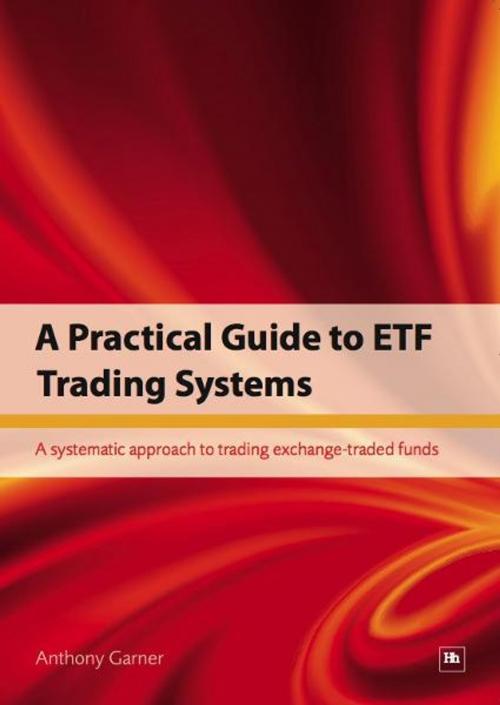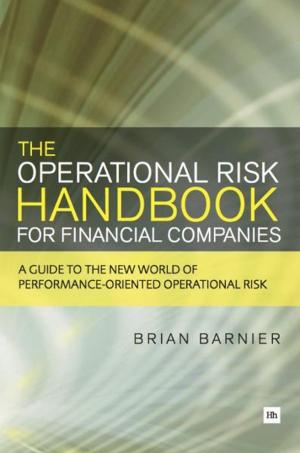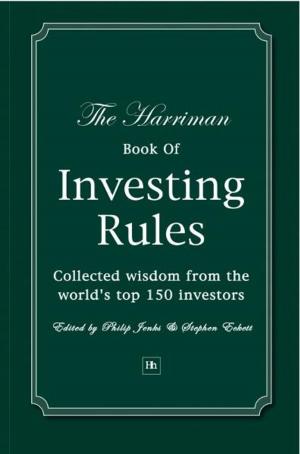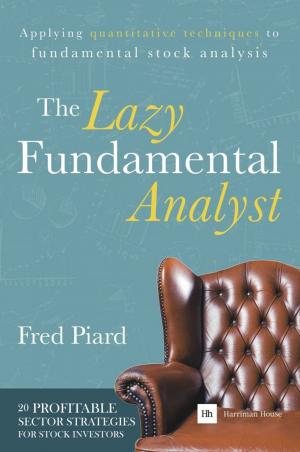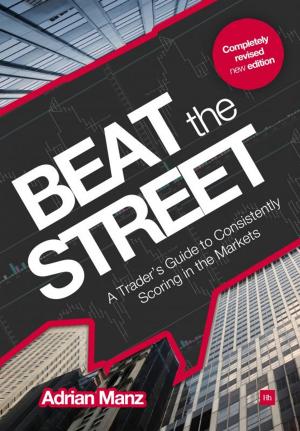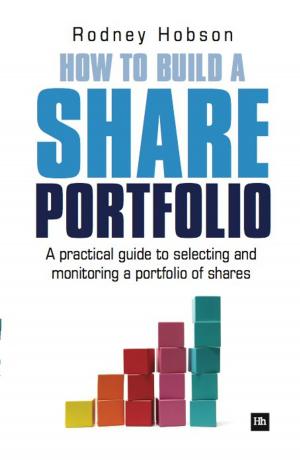A Practical Guide to ETF Trading Systems
A systematic approach to trading exchange-traded funds
Business & Finance, Finance & Investing, Investments & Securities| Author: | Anthony Garner | ISBN: | 9780857191168 |
| Publisher: | Harriman House | Publication: | March 2, 2011 |
| Imprint: | Harriman House | Language: | English |
| Author: | Anthony Garner |
| ISBN: | 9780857191168 |
| Publisher: | Harriman House |
| Publication: | March 2, 2011 |
| Imprint: | Harriman House |
| Language: | English |
'A Practical Guide to ETF Trading Systems' is about simple, rule-based trading systems of a trend following nature. This book reflects the author's belief that successful investing is not complex, that market timing works and that investors should spurn traditional actively-managed products in favour of managing their own investments using index-tracking funds. Providing a comprehensive introduction to rule-based trading, this book sets out in detail two specific systems which may be applied to exchange-traded funds (ETFs) and exchange-traded commodities (ETCs). Sceptics will maintain that mechanical systems do not work and that you cannot ignore the fundamentals. They are wrong. Sophisticated investors have profited handsomely over the years by following price trends on a purely mechanical basis and they will continue to do so. This guide will show you that systematic trading is likely to provide far better risk-adjusted returns than any conventional approach currently on offer from professional fund managers. There has never been a better time to benefit from the advantages of systematic investing. At a time when long-only traditionalists are fully invested in stocks and nursing huge losses, the systematic investor has exited the markets entirely and waits patiently for a signal to re-enter.
'A Practical Guide to ETF Trading Systems' is about simple, rule-based trading systems of a trend following nature. This book reflects the author's belief that successful investing is not complex, that market timing works and that investors should spurn traditional actively-managed products in favour of managing their own investments using index-tracking funds. Providing a comprehensive introduction to rule-based trading, this book sets out in detail two specific systems which may be applied to exchange-traded funds (ETFs) and exchange-traded commodities (ETCs). Sceptics will maintain that mechanical systems do not work and that you cannot ignore the fundamentals. They are wrong. Sophisticated investors have profited handsomely over the years by following price trends on a purely mechanical basis and they will continue to do so. This guide will show you that systematic trading is likely to provide far better risk-adjusted returns than any conventional approach currently on offer from professional fund managers. There has never been a better time to benefit from the advantages of systematic investing. At a time when long-only traditionalists are fully invested in stocks and nursing huge losses, the systematic investor has exited the markets entirely and waits patiently for a signal to re-enter.
